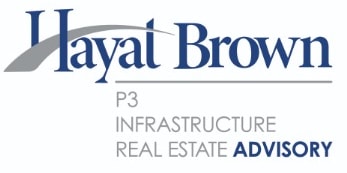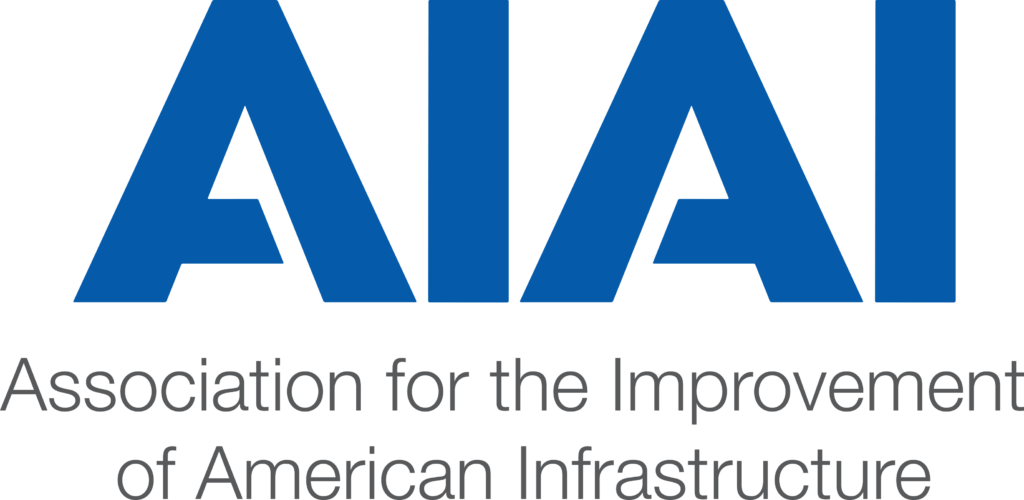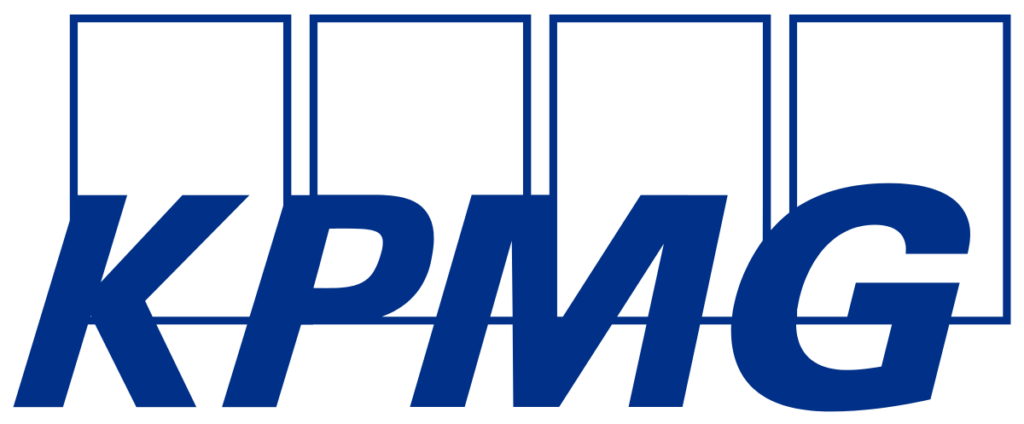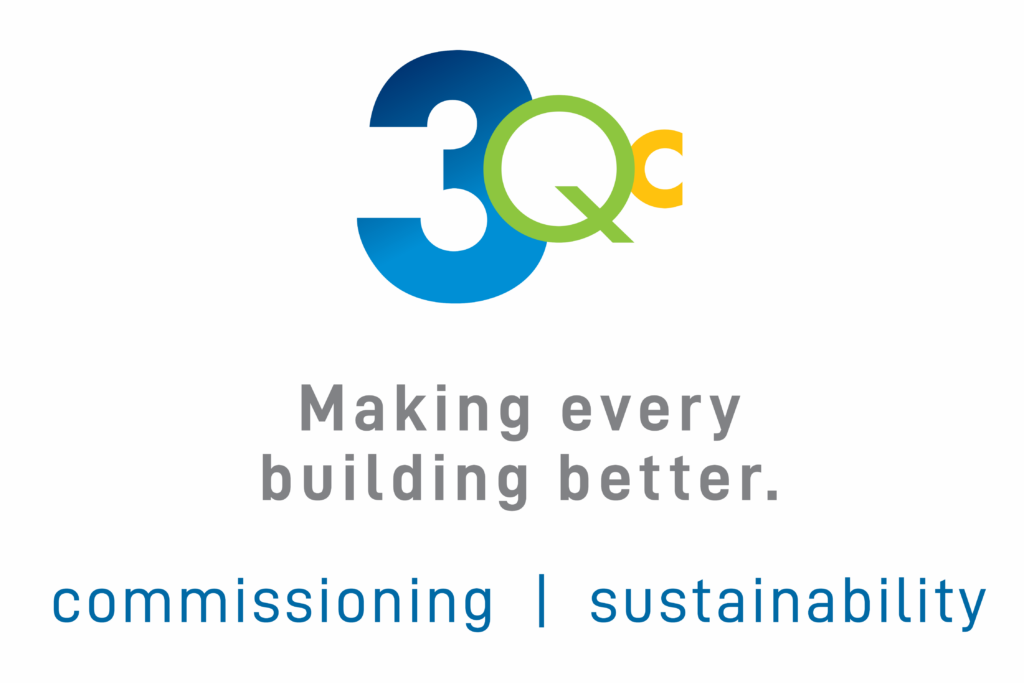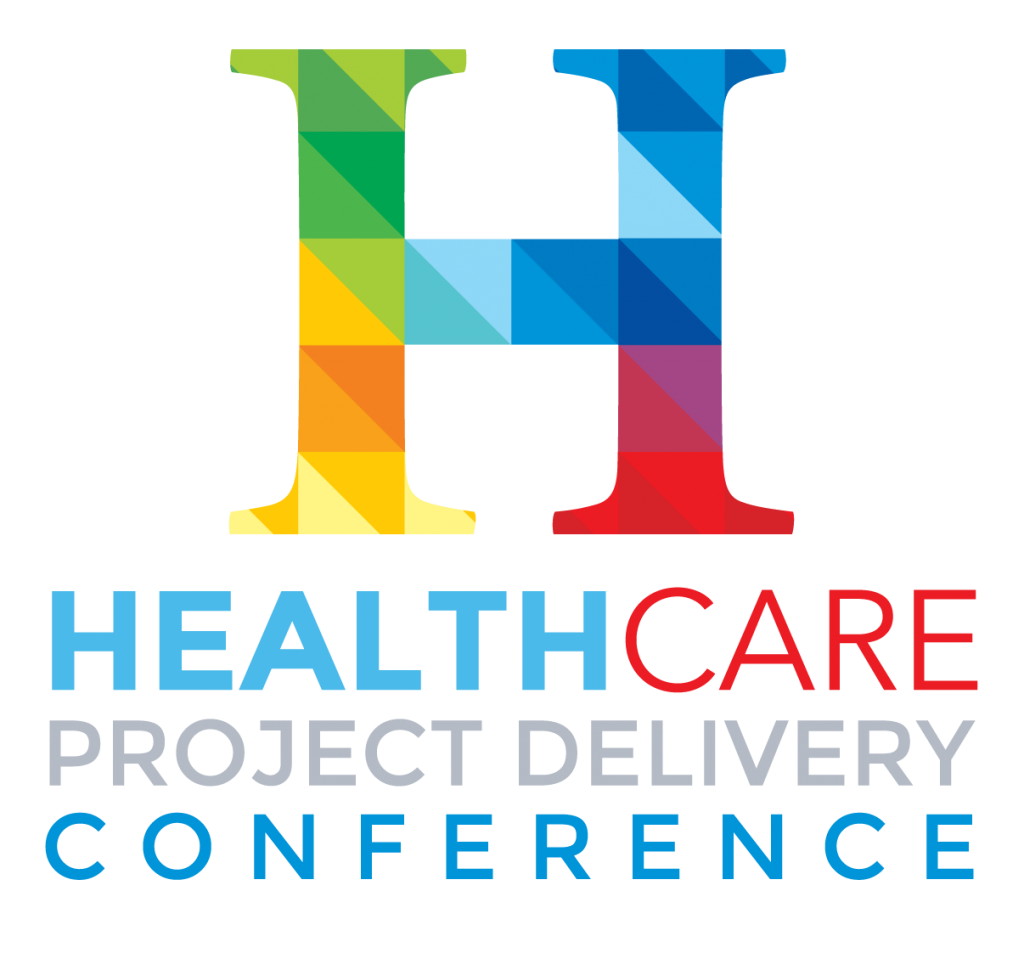
Agenda
2022 Agenda
Monday, Jan 24
-
8:00 am — 9:00 am
Check-In & Registration
Harbor Ballroom Foyer -
9:00 am — 9:10 am
Welcome and Opening Remarks
Harbor Ballroom A -
9:10 am — 10:00 am
Opening Keynote: Zeke Triana, Vice President of Facilities Planning, Design and Construction for Cedars-Sinai
Harbor Ballroom AHow did Cedars-Sinai arrive at the decision to break ground on a new community hospital during the COVID-19 pandemic? Mr. Triana will discuss the broad spectrum of issues that factored into the decision to proceed with construction of a new 160-bed replacement facility for Cedars-Sinai Marina del Rey Hospital amid uncertain construction market conditions. Cedars-Sinai's thought process ultimately focused on a few critical questions: Why did it acquire the existing, 133-bed hospital in 2015? Why did the hospital need to be rebuilt? What is Cedars-Sinai building, and why now?
-
10:00 am — 10:30 am
Morning Keynote: Phyllis Baltz, President & CEO of Dignity Health Methodist Hospital of Sacramento
Harbor Ballroom ADignity Health has more than 30 hospital campuses across California and has profound expertise in master planning projects of all sizes; from new hospitals to major expansions, or growth of existing campuses. In January 2020, plans 10 years in the making came to a culmination as Dignity Health announced it will be building Elk Grove, California’s first hospital.
Shortly thereafter, the world came to a pause due to the COVID-19 pandemic and healthcare systems were challenged to respond. Dignity Health was also faced with continuing to advance this project within the confines of an unforeseen health care crisis. Ms. Baltz will speak to these challenges and key community engagement strategies employed to keep this high-profile project moving forward
-
10:30 am — 11:00 am
Networking Break
Expo HallSponsored by: Hayat Brown
-
11:00 am — 12:00 pm
Respond and Adapt to Emergency Conditions: A look at Facility Guidelines Institute’s White Paper on Emergency Conditions
Harbor Ballroom GFrom the clinicians, support staff, facilities staff, and local communities, COVID-19 has proven the healthcare industry is a complex but adaptive system. The flexibility these groups have demonstrated has been exceptional. However, the impact of the pandemic on health facilities and operations coupled with hazards from more frequent weather-related emergencies has led the industry looking for more guidance on planning and designing for emergency conditions. In March 2021, the Facility Guideline Institutes (FGI) issued a white paper titled, “Guidance for Designing Health and Residential Care Facilities that Respond and Adapt to Emergency Conditions”. The paper was developed by 130 individuals representing multiple disciplines in the healthcare industry.
This session will review the highlights of the FGI document and discuss ways the design and construction industry can help healthcare organizations respond to emergencies and plan mitigation strategies for future events.
-
11:00 am — 12:00 pm
Asset Monetization: What it Means, How it Works
Harbor Ballroom HJoin leading P3 experts from AIAI for a discussion that demystifies asset monetization. Hear from private sector leaders who have helped owners design successful strategies that leverage new revenue streams, minimize capital outlays, and address current budgetary impacts.
-
12:00 pm — 1:15 pm
Networking Lunch
Expo HallSponsored by: IMEG
-
1:15 pm — 2:00 pm
Afternoon Plenary: Diane Hansen, CEO, Palomar Health
Harbor Ballroom ADiane Hansen, President and CEO of Palomar Health, will be discussing how Palomar Health is rethinking healthcare through facility expansion, technological advancement and the overall patient experience. Diane will discuss who Palomar Health is, its future, the planned expansion of Palomar facilities, Hospital at Home and the technological advances associated with the program.
-
2:00 pm — 3:30 pm
P3 Bootcamp: Project Delivery (Open to Healthcare Facility Owners Representatives Only | Advanced Registration Recommended)
Harbor Ballroom IHealthcare facility owners and managers: let's talk innovative project delivery. Bring your questions for AIAI's procurement experts as you engage in an interactive discussion on best practices for delivering cost-efficient, budget certain facilities. Topics will include minimizing current budgetary impacts; strategies for identifying and leveraging new revenue streams; and examples of how hospitals are decarbonizing their operations.
Please click here to register.
Moderator:Thomas Mulvihill, Managing Director, Head of Infrastructure & P3, KeyBanc Capital MarketsPanelists:Cate Singer, Director, KPMGJay Brown, Chairman and Managing Director, Hayat Brown -
2:00 pm — 3:00 pm
What Owner’s Need to Know about Design and Construction and How Lean Fits In
Harbor Ballroom ALean Integrated Project Delivery (IPD) is becoming more prevalent across the country, especially in the healthcare market sector. This increase in IPD projects brings together many collaborative partners and the role of the Owner Project Manager (OPM) and/or Owner's Representative becomes even more important. This presentation will confront the challenges faced by healthcare owner organizations and how these challenges are mitigated using Lean tools and thinking. Examples of how Lean project performance can maximize the use of capital funds for projects. The owners on the panel will discuss outcomes on projects they have completed with case studies and will explain their role and the challenges they have confronted as they attempt to evolve into a better project delivery method.
-
2:00 pm — 3:00 pm
Dedicated Commitment: Constructing through the Covid Pandemic
Harbor Ballroom HThe Jackson West campus in Doral, Florida, is a six-story precast and glass hospital complex with 100 licensed beds. A dedicated team labored through ever-increasing challenges during the COVID pandemic—a contaminated brownfield site; stringent FEMA site regulations for an essential facility; restrictions imparted by a Miami International Airport designated runway glide path; adjacency to a major interstate arterial; potential South Florida windstorms. The collaborative team was able to overcome and deliver this state-of-the-art facility that will forever serve the greater community at large where healthcare services were non-existent.
-
3:00 pm — 3:30 pm
Networking Break
Expo HallSponsored by: KPMG
-
3:30 pm — 4:30 pm
Healthcare’s Race to Carbon Reduction
Harbor Ballroom AA study published in May 2019 found the health care industry is among the most carbon-intensive service sectors in the industrialized world. Research and analysis from that study showed the health care industry is “responsible for 4.4–4.6 percent of worldwide greenhouse gas emissions and similar fractions of toxic air pollutants, largely stemming from fossil fuel combustion.” While health care facilities are the prime source, there are also significant emissions from the overall supply chain serving the healthcare industry. Not surprisingly, the US health care system is “responsible for about a quarter of all global health care greenhouse gas emissions, which is more than the health care system of any other nation.” Given the focus on detrimental health impacts from climate change that are predicted, the call to action for the US health care system to reduce carbon emissions has never been more important to our future. Our session will discuss efforts being made in the public sector to encourage carbon reduction as well as sharing the journey of one US based health system to achieve Net Zero status. We will also discuss the financial, environmental and societal impacts to health systems and communities as a result of carbon emission reduction efforts.
Moderator:Patrick Duke, Managing Director, CBREPanelists:Anna Levitt, Manager, Energy & Utilities, UCSF HealthDavid Ross, Director, ESG Climate Advisory, KPMGElizabeth Ratner, AIA, CEM, LEED AP BD+C, Senior Specialist - Energy & Sustainability, Atrium HealthTerry Duffina, SFP, BEP, Director - Sustainability Program Office, Stanford Health CareWalt Vernon, CEO, Mazzetti -
3:30 pm — 4:30 pm
Nothing to Fear Except Fear Itself
Harbor Ballroom GAs true as it was in 1933 this phrase is still applicable today when introducing new forms of project delivery to entities steeped in traditional norms and perceived safe havens. Join this team of trailblazers to hear how each has navigated thru the waters of complex organizations from the federal government and public university to first time providers taking a plunge into IPD. Whether you are considering Integrated Project Delivery for the first time or are an experienced super user, this session will heighten your situational awareness by demonstrating ways to overcome challenges and obstacles of conventional systems with examples of consensus building and tactical strategies. While never easy, blazing thru unchartered territory is exciting, rewarding and not without a bevy of lessons learned to share and this expert panel will not disappoint!
-
3:30 pm — 4:30 pm
Innovative Building Systems and Design Build Project Delivery - Modular Precast, Displaced Ventilation and Radiant Floors
Harbor Ballroom HCalifornia’s long awaited new Skilled Nursing Facility and Memory Care Veteran’s Home in Yountville needed to fit into both a historic campus and CalVet’s limited maintenance budget while delivering outstanding skilled nursing care in a residential environment. The Design Build team of Rudolph and Sletten and CannonDesign proposed to DGS and CalVet a full structural and architectural precast system designed and fabricated by Clark Pacific for the construction of a 300,000 SF, 240 bed Skilled Nursing Facility in 32 months. The system is a first for an OSHPD 2 Skilled Nursing Facility and has tremendous benefits for its longevity, low maintenance, heavy mass energy performance and fire resistance in an area with recent wildfires and interior comfort using displacement ventilation and radiant heating in all patient rooms. The team looks forward to delivering the project to continue the Yountville campus legacy of providing veteran healthcare since 1884 as the largest residential community of veterans in the US.
-
4:30 pm — 5:30 pm
IPD for Small Projects Under $10M
Harbor Ballroom AThe largest projects in the country get all the attention when it comes to innovation. Those large projects are also rare to most areas of the county. Small projects are more prevalent, more plentiful, and under more scrutiny. The best way to solve our most complex issues is to work together and collaborate. Integrated Project Delivery contracts for projects under $10M is such an important topic and if executed correctly can help Health Systems across the country be more successful and stretch the limited amount of capital dollars to many other projects.
This presentation will detail how a culture of collaboration can be built on small projects, the different methods for contracting under the IPD model, and how we manage projects that are even smaller (under $1M). The presentation will be given from the Owner’s Perspective from an Owner’s Representative that has worked for a major Health System in Chicago for over 20 years. Real world examples will be provided with numerous outcomes divulged to the audience.
-
4:30 pm — 5:30 pm
What Got You Here Won’t Get You There: How to Embrace Accountability and Trust in Order to Be Successful in Project Delivery
Harbor Ballroom GThis interactive discussion will be facilitated by Lisa Feeley, Lean Six Sigma Master Blackbelt, Author, and National Healthcare Sector Leader. Our four Senior Healthcare panelists have 100+ years of Leadership in large urban and small rural health settings.
Walk away with a comprehensive understanding of the Plan, Act, Measure, and Adjust process and actionable ways to develop buy in & secure insights on how to organize a team that will increase chances of successful project delivery. Leave with industry best practices on how to implement partnerships during a time we are all challenged with resources.
-
4:30 pm — 5:30 pm
The Art & Science of Future-Proofing Medical Office Design
Harbor Ballroom HAccording to a McKinsey & Co. Modular Construction Report, Medical Service Providers are “late adaptors” of Modular Construction Systems. Nationally & locally known medical organizations are entering the realm of innovative Pre-Manufactured Modular Interior Construction for speed to market, quality, flexibility, durability, and sustainability.
Can appropriate Modular Architectural Interiors:
- “Future Proof” your MOB?
- Flexibly adapt to Covid-19 & operational changes?
- Provide major sustainability results?
- Change with healthcare delivery innovations?
- Enhance standardization of medical planning modules?
- Provide patient/staff safe & functional operations while maintaining aesthetics, quality, & system's "Brand"?
Two industry leaders present their experiences, insights, evidence-based outcomes, lessons learned constructing “future proof” Medical Clinic Tenant Improvements using Pre-Manufactured Modular Architectural Interiors
-
5:30 pm — 7:00 pm
Networking Reception
Expo HallAn evening reception before you head out for dinner. Please join us for this special networking event for all attendees.
Tuesday, Jan 25
-
8:00 am — 9:00 am
Networking Breakfast
Expo Hall -
9:15 am — 10:15 am
Opening Plenary: Help Veterans by Accelerating Project Delivery
Harbor Ballroom AThe US Veterans Administration through the leadership of Construction and Facilities Management (CFM), is embarking on an unprecedented new building program intended to modernize their existing infrastructure and provide improved access to care. With an average hospital age of 58 years, VA is to receive upwards of $20B as part of current and new legislation to help repair and replace their current inventory. CFM Associate Executive Director for Facilities Planning, Ross Davidson, will update you on current efforts to accelerate speed-to-market delivery and harness the power of industry to achieve their program requirements. You will also be updated on VA’s market-focused nation-wide planning effort, the upcoming Asset Infrastructure Realignment (AIR) Commission, the VA’s current and planned program, and an update on legislative initiatives designed to help VA execute their program.
Presenters:Barbara Wagner, Executive Vice President, Clark ConstructionCheree Peterson, SES, Programs Director, South Pacific Division, U.S. Army Corps of EngineersJim Whitaker, FAIA, FDBIA, Senior Vice President, Director of Government and Project Delivery, HKSRoss Davidson, DBIA, Assoc. AIA, FHFI, Associate Executive Director, Office of Facilities Planning, United States Department of Veterans AffairsZebulon Fox, DBA, Associate Executive Director, Office of Facilities Acquisition, United States Department of Veterans Affairs -
10:15 am — 11:00 am
Networking Break
Expo HallSponsored by: 3QC
-
11:00 am — 12:00 pm
What is Validation and Why is it Important?
Harbor Ballroom AThe pool of capital dollars for Health Systems has shrunk in the last 18 months due to COVID concerns and there has been a need to spend capital in many ways then we never thought. The challenge Health Systems are faced with revolves around making their capital dollars go farther. The only way we can really know if our projects are heading down the right track is using the Validation Process. The true magic of Validation is a statement at the end of the Validation Period that says: “We can complete this project, for this budget, in this time frame, for this scope.” And we can say that with certainty. Long gone are the days of being kept in the dark while designing our projects. We don’t have to wait for all the bids to come in before we know what the costs will be.
The Validation Process brings together a highly skilled and collaborative team to review scope, schedule, and budget before the design process really gets underway. This saves vast amounts of time and money and doesn’t lead our clients down an incorrect path trying to design something they can’t afford. This presentation will detail the Validation Process, why it is so critical to the success of our projects, and will provide real world examples of how the Validation Process had led Owner’s to make the best decisions possible.
-
11:00 am — 12:00 pm
Decarbonizing Healthcare
Harbor Ballroom GWhile hospitals are designed first and foremost around promoting human health, they also are inexorably linked to the broader infrastructure and environment in which they sit. Healthcare accounts for roughly 10% of carbon emissions in the United States. Hospitals in particular are some of the most energy dense building types and can be challenging to electrify. This presentation aims to unpack the healthcare specific design challenges that drive carbon emissions, and discusses the approach and technology driven solutions that will lead to decarbonizing healthcare facilities and the industry at large.
-
11:00 am — 12:00 pm
Creatively Delivering Equitable Healthcare through Modernized Facilities
Harbor Ballroom HThe COVID-19 pandemic has lay bare the inequities present within our nation’s healthcare system. It has had an outsized impact on underserved communities largely comprised of people of color. University-affiliated hospitals in cities have played a critical role in delivering healthcare to these communities. Institutions like Howard University – whose mission includes delivering healthcare to underserved communities while teaching the next generation of minority healthcare professionals – are pursuing creative mechanisms to deliver modernized healthcare facilities on campus and in the community. Join a panel that includes representatives from the development community and real estate transaction advisors who are working on projects that will support the delivery of healthcare in a more equitable manner.
Moderator:Affan Sheikh, Manager, Hayat BrownPanelists:Barbara Wagner, Executive Vice President, Clark ConstructionDennis Vonasek, Health Principal, HDRDiana Hoadley, Managing Director – Head of Higher Education and Non-Profit Finance, Goldman SachsJay Brown, Chairman and Managing Director, Hayat Brown -
12:00 pm — 1:30 pm
Networking Lunch
Expo HallSponsored by: IMEG
-
1:30 pm — 2:30 pm
MEP Wall Panels & Takt Time Produce 73% Schedule Savings: Wins & Lessons Learned
Harbor Ballroom AThis presentation will offer attendees an inside look into how a California-based project team was able to beat the framing and in-wall schedule duration by 73% for a 18K SF medical office building, installing all internal framing in just 8 days. Plan: We will cover our plan in depth, including our usage of the Last Planner System and how we used Takt time to install all OH and wall framing scope. Process: We will cover our overall process, including how we strategically broke down the work by area, our manufacturing process, and installation. We will also share production metrics from the manufacturing component and field install. Lessons Learned: In the spirit of continuous improvement, the team implemented an Issues & Opportunities Log to capture all areas of waste AND all areas for improvement. Early on, this log was called the Issues Log, but we found this was creating a negative culture. Changing the name to Issues & Opportunities positively impacted the team’s perception of this tool. Over the course of the project, 84 issues were captured by the virtual, manufacturing, and install teams. Where applicable, countermeasures to the entries were implemented right way. All other countermeasures will be implemented on future projects to eliminate repeat mistakes.
-
1:30 pm — 2:30 pm
P3s & Healthcare: What is Ailing the US?
Harbor Ballroom GJoin the panel for a discussion on P3s for Healthcare, why haven’t they taken off in the US and what it takes to get them going. Panelists will share an overview of the P3 structure, the merits and critical issues that should be addressed when looking at procuring with the P3 model for your large-scale projects and how best to bring them to market.
-
1:30 pm — 2:30 pm
Lean Design Virtually? How a Project Team Successfully Used Lean Design During COVID
Harbor Ballroom HTexas Children’s Hospital had just selected a design team and contractor to begin planning a new greenfield hospital campus when COVID hit. As the team shifted to all virtual meetings, they also committed to using Lean Design. The team believes this approach allowed them to not only design within budget and to shorten the schedule significantly, but to accomplish even more than they could have in-person.
How did they achieve such tremendous success while teams around the country struggled working virtually? Hear the approach, tools, and mindset that worked and how you can use them on your own projects.
-
2:30 pm — 3:30 pm
Closing Conversation: Integrated Partnerships: University of California’s Approach to Collaborative Delivery
Harbor Ballroom AThe session will cover the unique aspects of the University of California Health System’s project delivery. The Panelists will discuss how their campuses have adapted to past challenges and how their procurement models are evolving to appropriate risk and establish collaborative, high-performing project teams.
-
3:30 pm
Conference Ends
Please join us again next year!
Stay Informed
Stay up-to-date on industry news, event information, and latest program developments.

